About
Content
- About The Publisher: Erbil Polytechnic University
- About This Journal
- Aims & Scope
- Abstracting and Indexing: Enhancing Visibility and Accessibility
- Topics
- Author Benifits
- Digital Archiving
- Advertisements
- Journal Metrics
About The Publisher: Erbil Polytechnic University
The Polytechnic Journal is proudly published by Erbil Polytechnic University, a leading institution in the Kurdistan Region of Iraq. As a publisher, Erbil Polytechnic University is committed to advancing academic research and fostering a scholarly community that promotes innovation and critical thinking. The university supports the Polytechnic Journal by providing the necessary resources and expertise to ensure that the journal maintains high standards of academic rigor and integrity. Erbil Polytechnic University, through the Polytechnic Journal, aims to contribute to the global exchange of knowledge by publishing high-quality research that addresses contemporary challenges across various disciplines. The university's strong academic reputation and dedication to excellence make it a trusted and respected publisher in the academic community. The Polytechnic Journal is an open-access, biannual academic journal with e-ISSN: 2707-7799 and p-ISSN: 2313-5727, published by Erbil Polytechnic University, Erbil, KRG, Iraq.
About This Journal
The new portal of Polytechnic Journal will become effective starting from August 2023.
Polytechnic Journal publishes original researches in all area of Pure Science, Applied Science, Technology and Engineering. Polytechnic Journal is a Peer-Reviewed Open Access journal with Creative Commons Attribution Non-Commercial No Derivatives License 4.0 (CC BY-NC-ND 4.0). Polytechnic Journal provides immediate, worldwide, barrier-free access to the full text of research articles without requiring a subscription to the journal. Articles published in Polytechnic Journal are totally free of charge (no publication fees required) for all authors. Polytechnic Journal applies the highest standards to everything it does and adopts Vancouver citation/referencing style. Polytechnic Journal Section Policy includes three types of publications; Articles, Review Articles and Short Communications.
By publishing with us, your research will get the coverage and attention it deserves. Open access and continuous online publication means your work will be published swiftly, ready to be accessed by anyone, anywhere, at any time. Article Level Metrics allow you to follow the conversations your work has started.
Journal History
The Polytechnic Journal is a multidisciplinary journal that has been publishing articles in hard copy since the mid-2010s.
Polytechnic Journal transitioned to a new editorial management system powered by Elsevier Digital Commons as of August 2023.
Polytechnic Journal is a multidisciplinary publication that began issuing articles in hard copy in the mid-2010s. The early volumes (Volume 1 to Volume 8) were not published online, as the journal did not have an electronic platform at that time. Volumes 7 and 8 have since been scanned and made available in electronic form.
From April 16, 2019 (Volume 9) to Volume 13, Issue 1, the journal operated using the Open Journal Systems (OJS) platform. Beginning with Volume 13, Issue 2 in August 2023, the journal officially migrated to the Elsevier Digital Commons editorial management system to enhance submission, review, and publication processes.
To maintain and improve publication standards, the number of articles published per year has been intentionally limited to a maximum of 24. This policy ensures a stronger emphasis on article quality, originality, and contribution to the field. The journal is supported by an Editorial Board comprising 82% international members, and over 97% of article reviews are conducted by international peer reviewers, ensuring rigorous and objective quality control for all published work.
Publisher/Editorial Office
Erbil Polytechnic UniversityTo contact the Editorial Board, please visit the contact page on our website.
Aims & Scope
Polytechnic Journal aims to provide a comprehensive platform for the dissemination of high-quality, original research in the fields of Pure Science, Applied Science, Technology, and Engineering. It seeks to foster a diverse and interdisciplinary scientific community by welcoming contributions from researchers across various scientific disciplines.
The scope of the journal encompasses a wide range of topics, including but not limited to physics, chemistry, biology, mathematics, computer science, environmental science, engineering, materials science, medical science and technology development. The journal welcomes both theoretical and experimental studies that contribute to the advancement of knowledge and understanding in these fields.
The primary objective of the journal is to publish cutting-edge research that pushes the boundaries of scientific inquiry and offers innovative insights. It provides a platform for researchers to share their findings, methodologies, and theories, fostering collaboration and the exchange of ideas among scientists, engineers, and technologists.
The journal encourages submissions that address real-world challenges and have practical implications. It values research that bridges the gap between pure scientific exploration and practical applications, aiming to accelerate the translation of scientific knowledge into tangible benefits for society. Furthermore, interdisciplinary studies that integrate multiple scientific disciplines to solve complex problems are highly encouraged.
The journal maintains a rigorous peer-review process to ensure the highest standards of quality and integrity in published research. It also places emphasis on clear and concise presentation, facilitating effective communication and understanding among readers from diverse scientific backgrounds.
By serving as a prominent platform for scientific research, the journal aims to contribute to the advancement of knowledge, stimulate scientific innovation, and foster collaborations among researchers in the fields of Pure Science, Applied Science, Technology, and Engineering. .
Polytechnic Journal is published biannually by Erbil Polytechnic University, KRG, Iraq.
Abstracting and Indexing: Enhancing Visibility and Accessibility
The Polytechnic Journal is committed to ensuring the widespread dissemination and accessibility of scholarly articles. As part of this commitment, the content undergoes comprehensive archiving and indexing processes. The key features include:
Digital Archiving with CLOCKSS and Portico
All articles published in the Polytechnic Journal are digitally archived through CLOCKSS and Portico, two reputable digital preservation services. This guarantees the long-term availability and preservation of the scholarly content.
Indexing in DOAJ (Directory of Open Access Journals)
The Polytechnic Journal is proudly indexed in the DOAJ, a community-curated online directory that enhances the visibility of open access journals. This indexing further ensures that the articles are discoverable by a global audience.
Crossref Integration
The Polytechnic Journal utilizes Crossref, a leading DOI registration agency, to assign Digital Object Identifiers (DOIs) to each published article. DOIs provide a permanent and unique identifier, making it easier for researchers, scholars, and readers to locate and cite the content.
Open Access Philosophy
Embracing the principles of open access, the Polytechnic Journal ensures that all published articles are freely accessible to readers worldwide. This approach fosters knowledge dissemination and promotes the exchange of ideas on a global scale.
Indexing in Scilit
The Polytechnic Journal is officially indexed in Scilit, a comprehensive database that provides open access to scientific publications. Being indexed in Scilit enhances the journal’s visibility and accessibility, ensuring that its research reaches a wider academic audience. This recognition reflects the journal’s commitment to disseminating high-quality scholarly work. To view the journal’s listing on Scilit, please click here.
With these measures in place, the "Abstracting and Indexing" section of the Polytechnic Journal reflects the dedication to facilitating the discoverability, preservation, and accessibility of quality research within the academic community.
For more information, please contact the editorial office of the Polytechnic Journal.
Topics
The journal covers a wide array of specific topics within the realms of Applied Science, Pure Science, Engineering, and Technology. It provides a platform for researchers to publish their original research and scholarly works across various sub-disciplines, allowing for a comprehensive and multidimensional exploration of these fields.
In the realm of Applied Science, the journal welcomes submissions that focus on the practical application of scientific knowledge to address real-world challenges. This encompasses areas such as biotechnology, environmental science, agriculture, healthcare, energy, and materials science. The journal aims to showcase research that advances practical solutions, innovation, and advancements in these domains, ultimately contributing to societal progress and well-being.
Pure Science constitutes another crucial aspect of the journal's scope. It invites researchers to present their investigations and discoveries related to fundamental scientific principles, laws, and theories. This includes but is not limited to physics, chemistry, biology, mathematics, astronomy, and earth sciences. By featuring original research in pure science, the journal facilitates the expansion of our understanding of the natural world and the underlying mechanisms governing various phenomena.
Engineering is a vital field covered by the journal, encompassing a broad range of disciplines such as civil engineering, electrical engineering, mechanical engineering, chemical engineering, and more. The journal provides a platform for researchers to share their innovative engineering designs, methodologies, and solutions, addressing challenges in infrastructure, transportation, manufacturing, robotics, and other engineering domains. It aims to highlight advancements that improve efficiency, sustainability, safety, and overall engineering practices.
Technology is another integral focus area of the journal. It welcomes contributions that explore the development and utilization of technological innovations across diverse sectors. This includes information technology, telecommunications, computer science, artificial intelligence, electronics, and other technological advancements that drive progress and shape society. The journal seeks to present original research that pushes the boundaries of technological frontiers, enhancing our understanding and utilization of cutting-edge technologies.
Overall, the journal provides a comprehensive platform for researchers to disseminate their work and contribute to the knowledge base in Applied Science, Pure Science, Engineering, and Technology. By encompassing a wide range of specific topics within these fields, the journal aims to foster interdisciplinary collaboration, innovation, and practical advancements that positively impact society and shape the future.
Author Benifits
The Polytechnic Journal provides author benefits as such free Pdfs, and a liberal copyright policy. Having published with Polytechnic Journal, the research article will receive attention for citing as it deserves. Open access and continuous online publication mean your manuscript will be published quickly, ready to be accessed by everyone, everywhere, at any time. The researcher is allowed by Article-Level Metrics to follow the conversations your work has started.
Digital Archiving
The journal of Polytechnic is well-preserved in CLOCKSS and Portico, the two leading preservation archives. We make a pledge to continue access for the long term. Furthermore, articles receive Digital Object Identifiers (DOIs) from the CrossRef organization to guarantee authors and their research articles will be found continuously.
Advertisements
The journal does not accept adverts from third parties.
Journal Metrics
| Acceptance Rate | 39% |
| Submission to Final Decision | 5 Weeks |
| Acceptance to publication | 2 weeks (publish incrementally) |
The timeline for each step in the reviewing process of the Polytechnic journal is as follows:
- Initial Check and Reviewer Assignment: Following manuscript submission, journal editors conduct an initial check before assigning the manuscript to reviewers; Approximately 1 to 2 days.
- Review Period and Reviewer Feedback: Reviewers assess the manuscript and provide their comments; Approximately 2 weeks.
- Editorial Decision: The editor makes a decision on the manuscript; Typically within 1 to 2 days.
- Author Revision: Authors revise their manuscript based on feedback received; Approximately 2 weeks.
- Final Evaluation: The editor evaluates the revised manuscript: Usually within 1 to 2 days.
- Publication: If accepted, the manuscript is scheduled for publication; Approximately 1 to 2 weeks (Published Incrementally).
Please note that these timeframes are estimates and may vary depending on factors such as journal policies, manuscript complexity, reviewer availability, and author responsiveness.

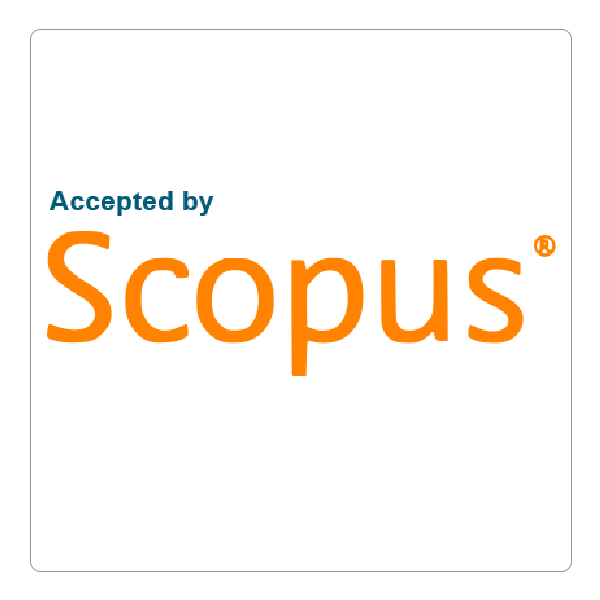

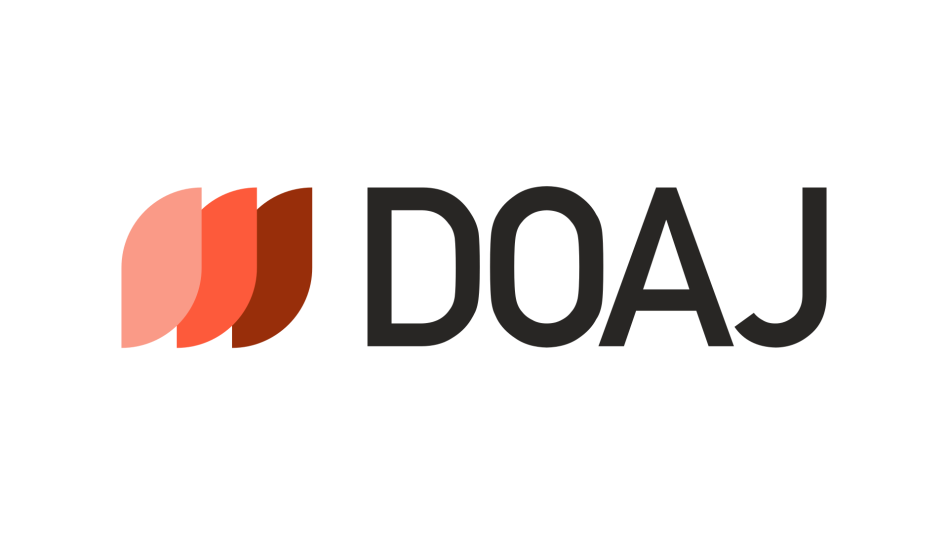
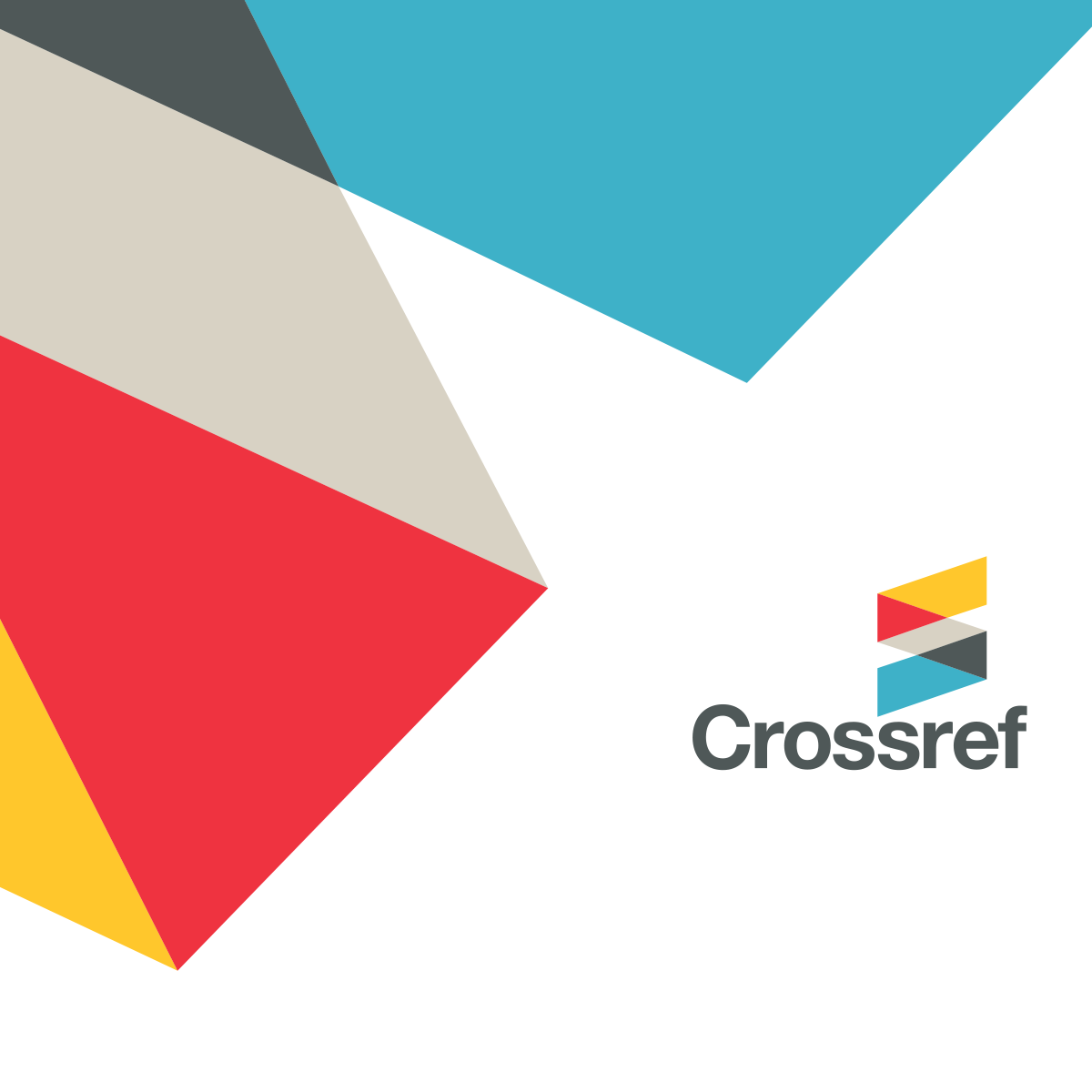
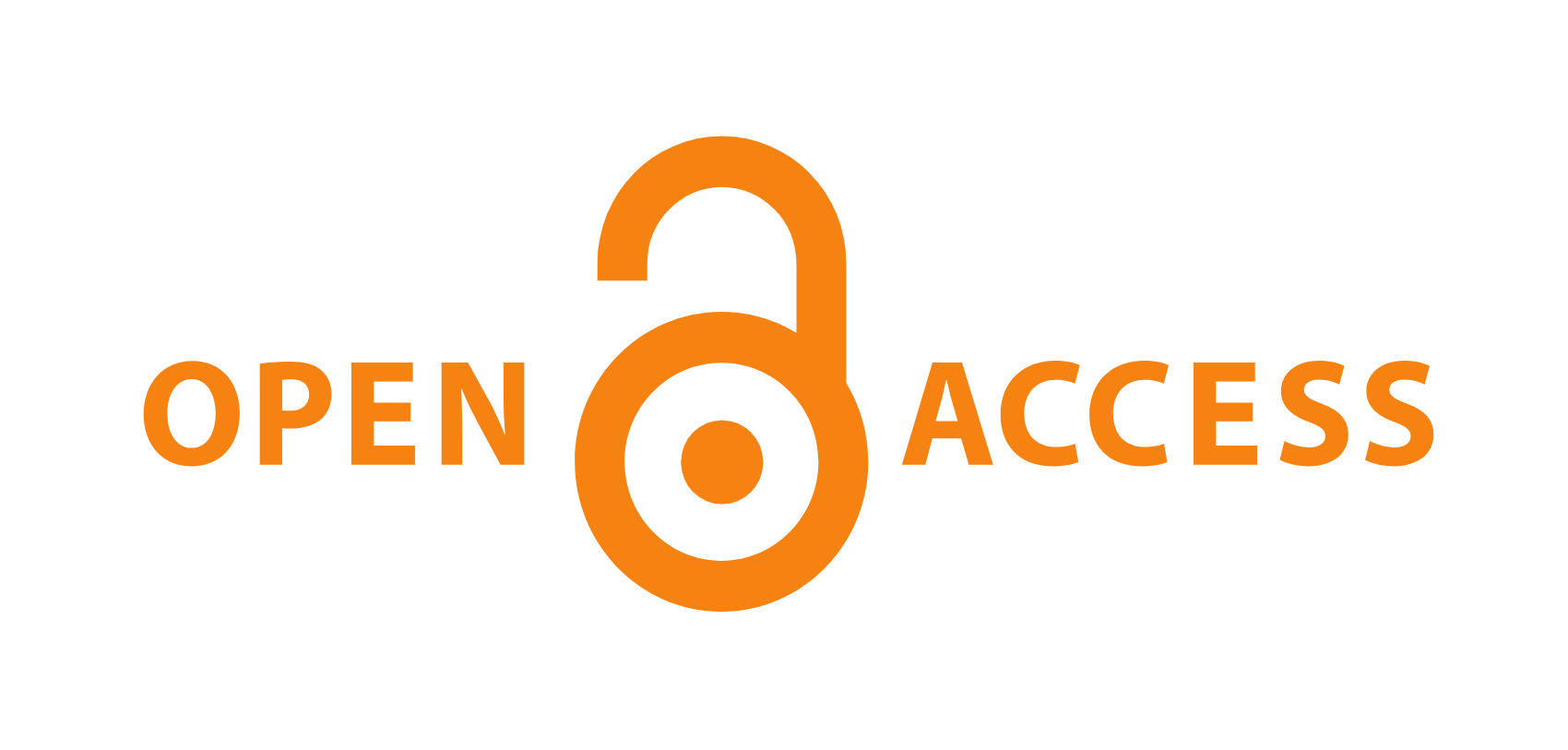


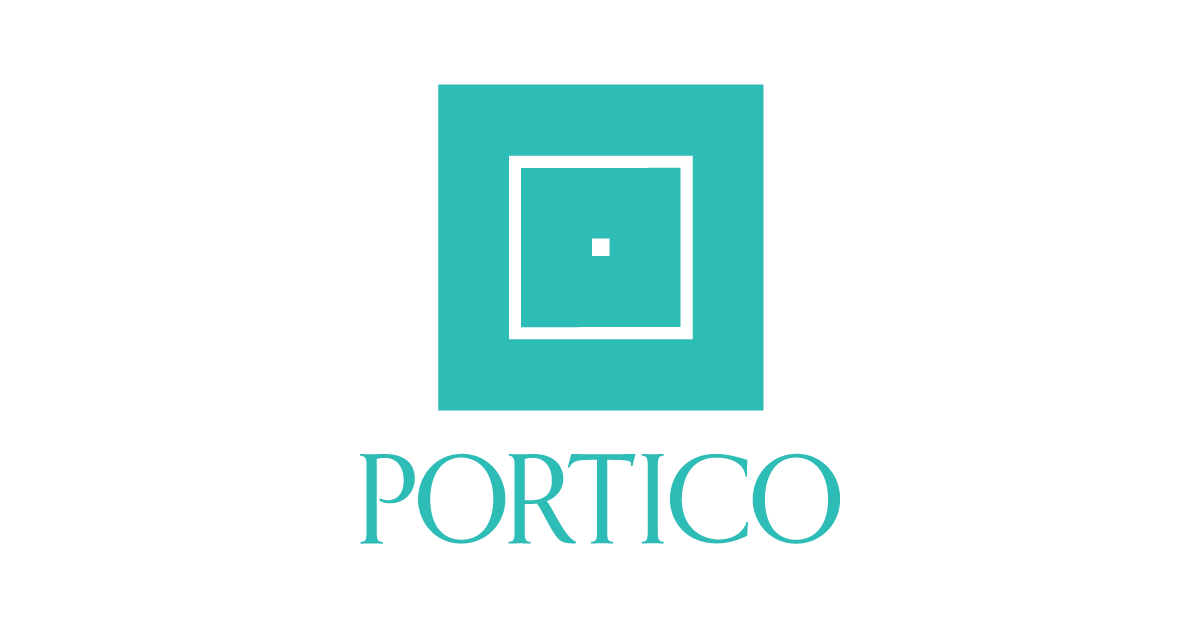


Follow us: